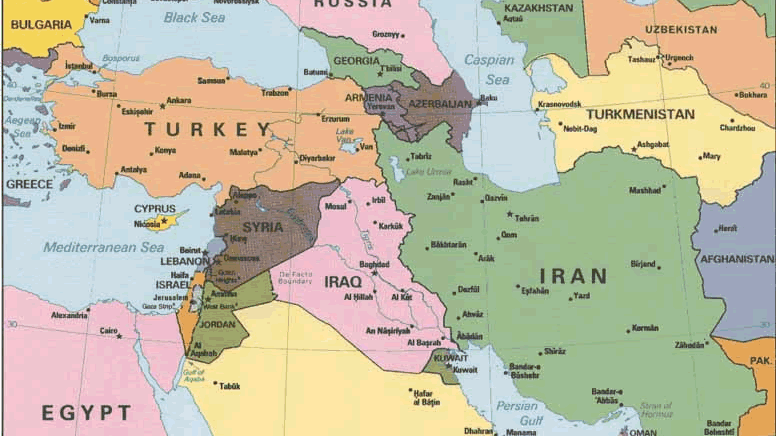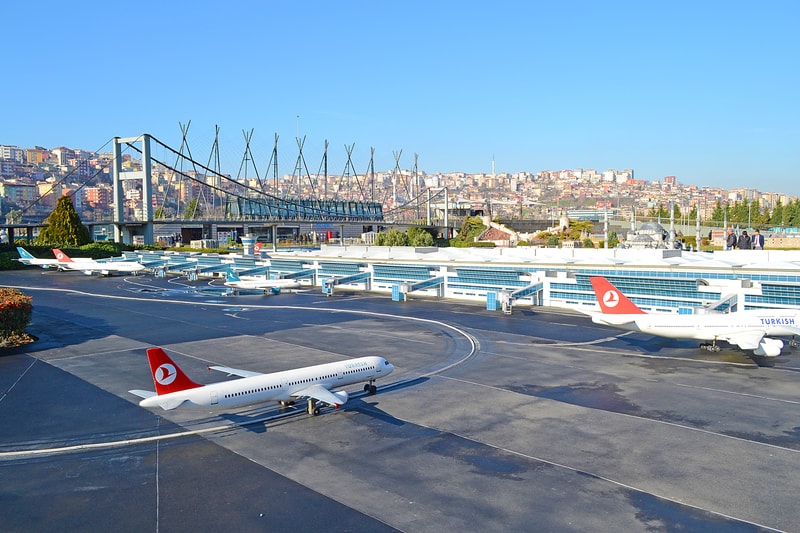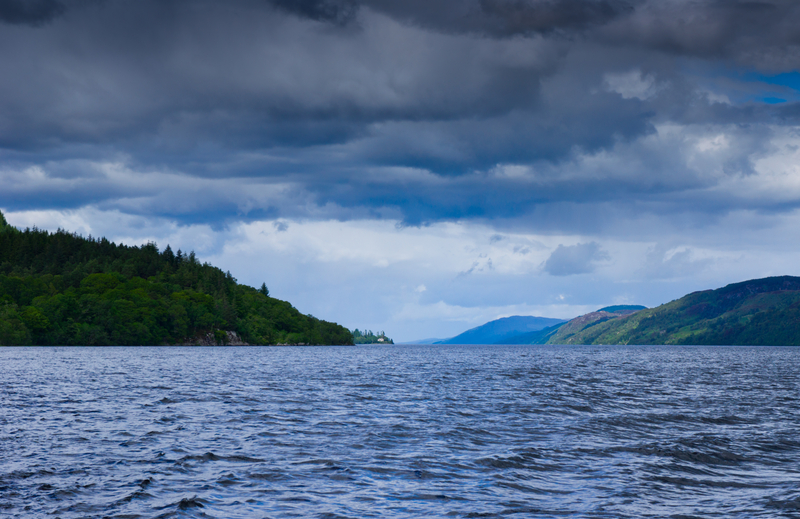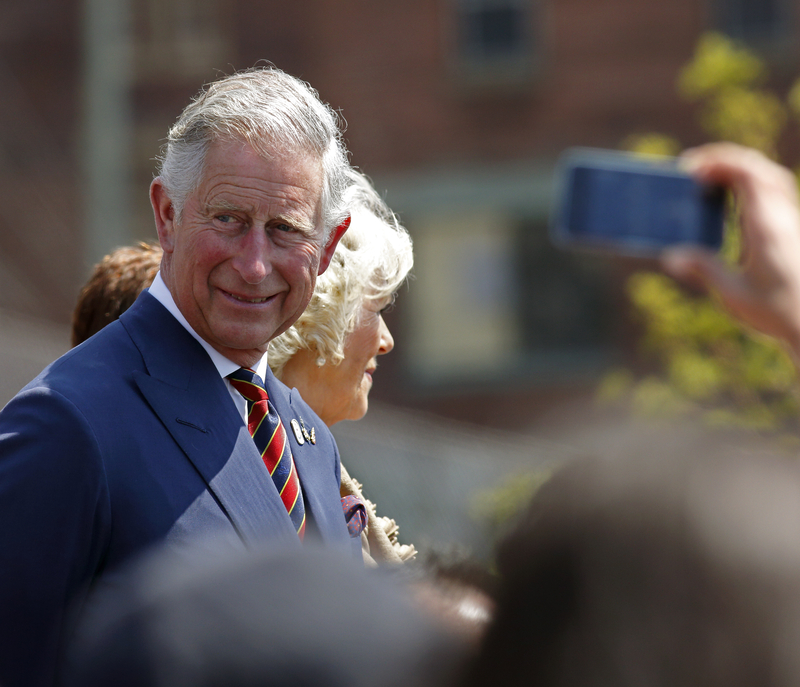Tuesday evening, at about 10 pm local time, a terrorist attack occurred at Ataturk Airport in Istanbul, Turkey. Ataturk is the country's main airport and one of the busiest ones in Europe. Authorities have identified that there were three attackers. They killed at least 41 people and wounded dozens more. All flights to and from the airport have been suspended until at least 8 pm Wednesday evening. This is to allow authorities time to gather evidence. Flights from Turkey to countries such as the United States have also been suspended indefinitely.
Who is responsible?
One of the most common features of a terrorist attack is for a known group to claim responsibility. This is done because the terrorist group wishes to use the event as a symbol of their cause. Turkish Prime Minister Binali Yidirim quickly stated that evidence from the site suggested that it was the work of the Islamic State (also known as IS or ISIS).
But ISIS has not yet claimed responsibility. Sadly, both these attacks and the lack of a claim of responsibility are becoming regular occurrences in Turkey these days. The country has had at least six very significant terrorist attacks in the last 12 months. The worst was an October 10th, 2015 attack on a peace rally in the capital city of Ankara that killed nearly 100 people. In most of these attacks, no one has claimed responsibility. The reasons why may speak to the country's unique location. Let's start there.
A complicated relationship

Over the past century, Turkey has been a country with a complicated relationship with the rest of the world. But you could say that this is something that the country was born into. Turkey is one of the few nations that can be seen as being a part of two continents: Europe and Asia. (It is commonly called a Eurasian nation.) It is also the northernmost country in a region of Asia known as the Middle East.
The Middle East, which also contains nations such as Syria, Iran, Iraq, Israel, and Saudi Arabia, is politically one of the most unstable areas on Earth. Borders between certain countries are regularly disputed, battles and wars are common, and hostile relationships between certain religious and ethnic groups date back hundreds, even thousands of years. The Middle East (Syria and Iraq, in particular) is also home to territory that has been violently claimed by the Islamic State as its new caliphate, or religious kingdom. And just to the north of deeply troubled Syria is Turkey.
A move to the West
This leaves Turkey in a difficult position. On one hand, for a long time it has looked to become closer to the West (especially the rest of Europe and the United States). In fact, it applied to be a part of the European Economic Community (now the European Union or EU, go here for more info on them) as far back as 1959. Istanbul is one of the world's great cities and the fifth most visited city in the world by tourists. (We could spend an entire post discussing its magnificent history.) But even today, Turkey has still not been fully accepted into the EU. Why?
The EU has often claimed that the Turkish government needs to be more democratic. Turkey has a history of "military coups", or times when its army took over its government. Others bring up long-standing human rights issues with Armenia and the ethnic groups known as the Kurds as things that hold the country back.
But it's worth noting that Turkey was the first nation in the world to recognize ISIS as a terrorist organization. And as a Muslim nation that is a democracy, it has worked hard to try and influence other Muslim countries away from dictatorships. (A dictator is someone who makes himself a permanent ruler. Dictatorships do not hold elections.) It is a very important ally, or friend, to the West during such difficult times.
Caught in the middle
Unfortunately for the Turks, being a neighbour to such unstable regions is incredibly challenging. Pleasing one group quickly angers another. And unlike countries such as the United States or Canada, when Turkey angers someone in the Middle East, they're angering someone who lives right next door. For example, some are saying that yesterday's attacks in Istanbul happened because Turkey just opened up new peace talks with Israel (many of the other countries in the Middle East considered themselves enemies of Israel).
Turkey itself knows that it is caught in the middle, but they are not giving in. “Despite paying a heavy price, Turkey has the power, determination and capacity to continue the fight against terrorism until the end,” President Recep Tayyip Erdogan said yesterday in a statement. Most diplomats feel that Turkey is a key to both stopping ISIS and bringing peace to the Middle East.
 Ataturk International Airport in Istanbul was the site of terrorist attacks Tuesday evening. (@Dreamstime)
Ataturk International Airport in Istanbul was the site of terrorist attacks Tuesday evening. (@Dreamstime)









